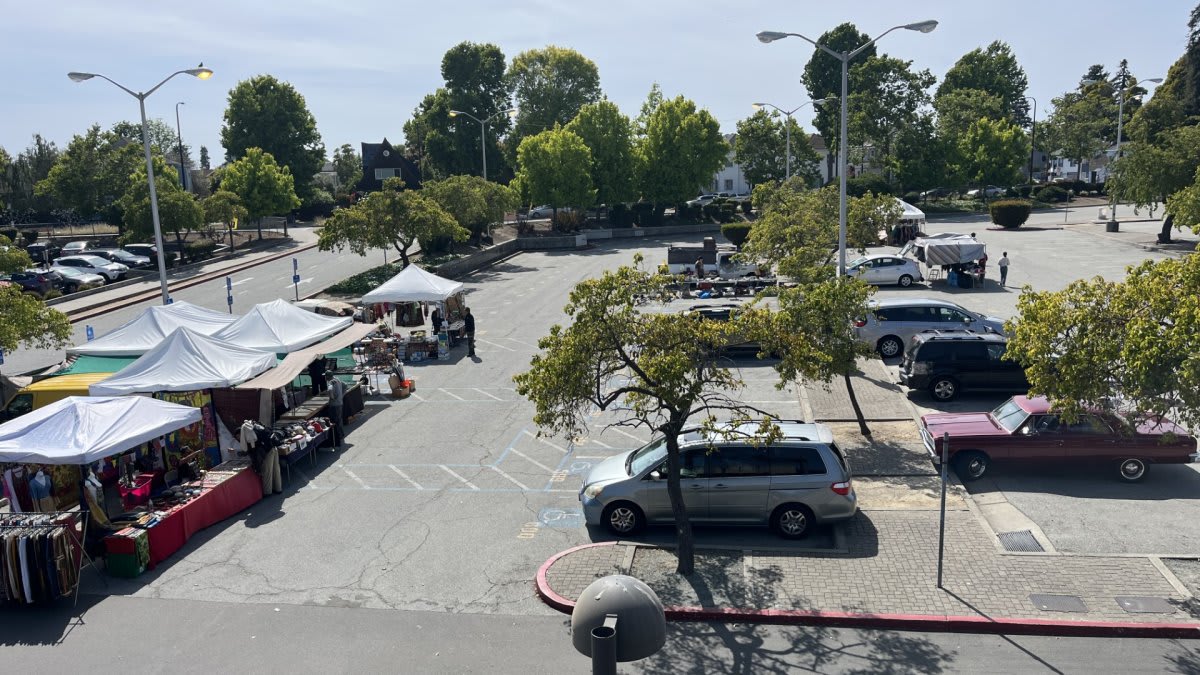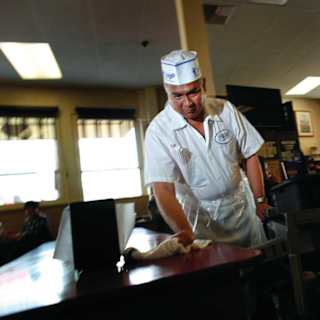- Local Institution Succumbs to Financial Pressures
- National Retail Apocalypse Accelerates
- Bay Area Retail Struggles Continue
The Berkeley Flea Market closed its doors Saturday after five decades of operation, marking the end of an era for Bay Area bargain hunters and adding to a wave of retail closures sweeping the nation.
The weekend market at the Ashby BART station, which opened in 1973, succumbed to mounting financial losses and dwindling vendor participation, reflecting broader challenges facing brick-and-mortar retail in 2025. The closure comes as an estimated 15,000 stores nationwide are projected to shut down this year, more than doubling 2024's total of 7,325 closures.

General manager Yasin Khan told Berkeleyside the flea market was losing between $8,000 to $10,000 monthly, with vendor numbers plummeting from 100 to 20 over recent years1. The $35 daily vendor stall fee proved insufficient to cover operating expenses1.
"This milestone marks a moment of both reflection and celebration—five decades of vibrant exchanges, storytelling, artistry, and kinship that made our market a beloved institution," market staff wrote in their closure announcement2. The market had been "losing money almost every weekend since before the pandemic" and faced challenges as early as 20151.
Vendors received closure notices in late May, with some expressing shock at the news3. Anna Jackson, who sold cannabis topicals at the market since 2014, told NBC Bay Area: "A lot of the vendors here, this is how they put food on the table. This is history. This is culture"3.
The Berkeley closure reflects a broader retail crisis. Major chains announcing closures in 2025 include JoAnn Fabrics, which shuttered all 800 stores, Walgreens closing 500 locations, and Macy's eliminating 66 stores as part of its restructuring plan1.
Coresight Research CEO Deborah Weinswig attributed the closures to inflation and consumers' growing preference for online shopping to find cheaper deals2. "Retailers that were unable to adapt supply chains and implement technology to cut costs were significantly impacted," she said2.
The shift toward e-commerce platforms like Shein and Temu has intensified competition for physical stores32.
San Francisco's retail sector has experienced particular turbulence, with Nordstrom, Bloomingdale's, and other major retailers abandoning Union Square locations12. The January closure of TreasureFest, a popular Treasure Island flea market, preceded Berkeley's announcement3.
Market organizers expressed hope for eventual revival: "We remain hopeful that this is not goodbye forever," they stated, noting potential return opportunities once nearby construction concludes4.



